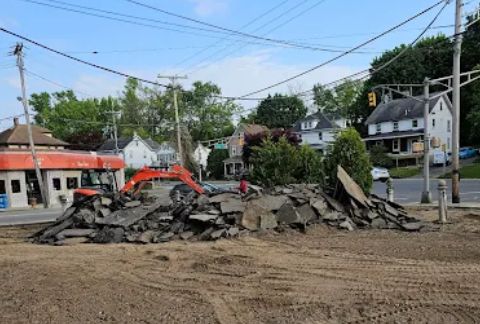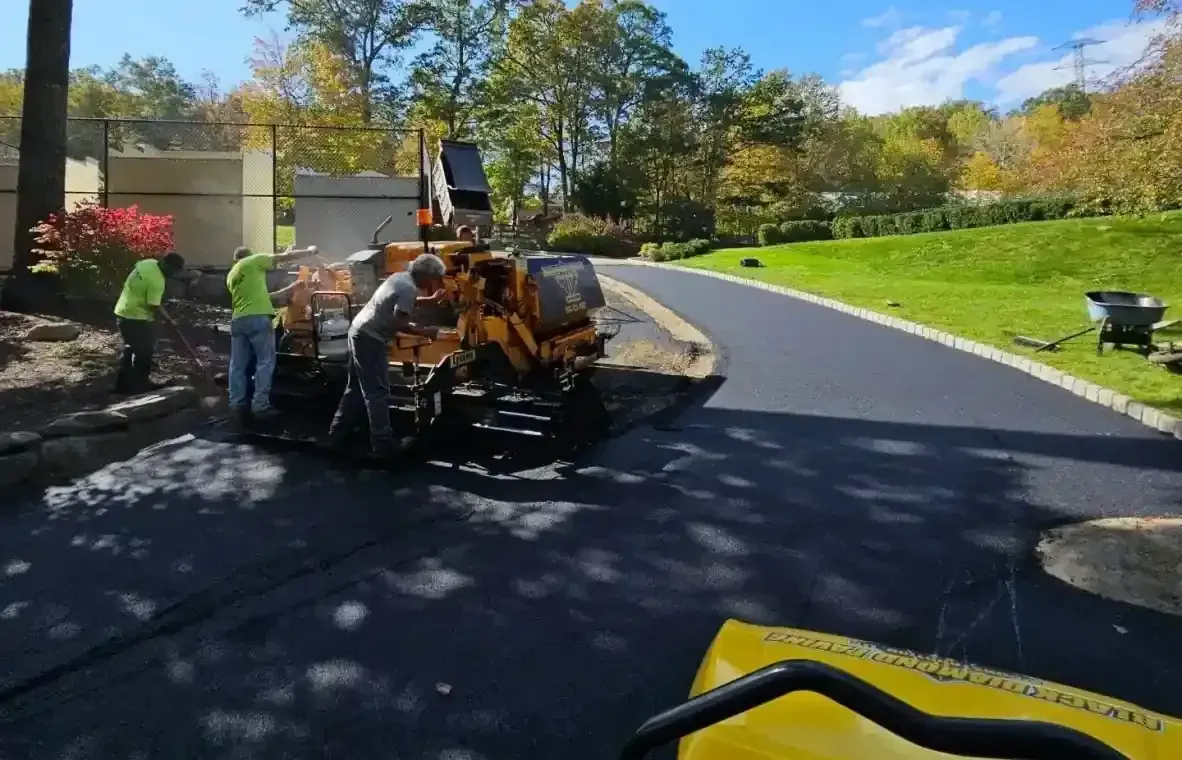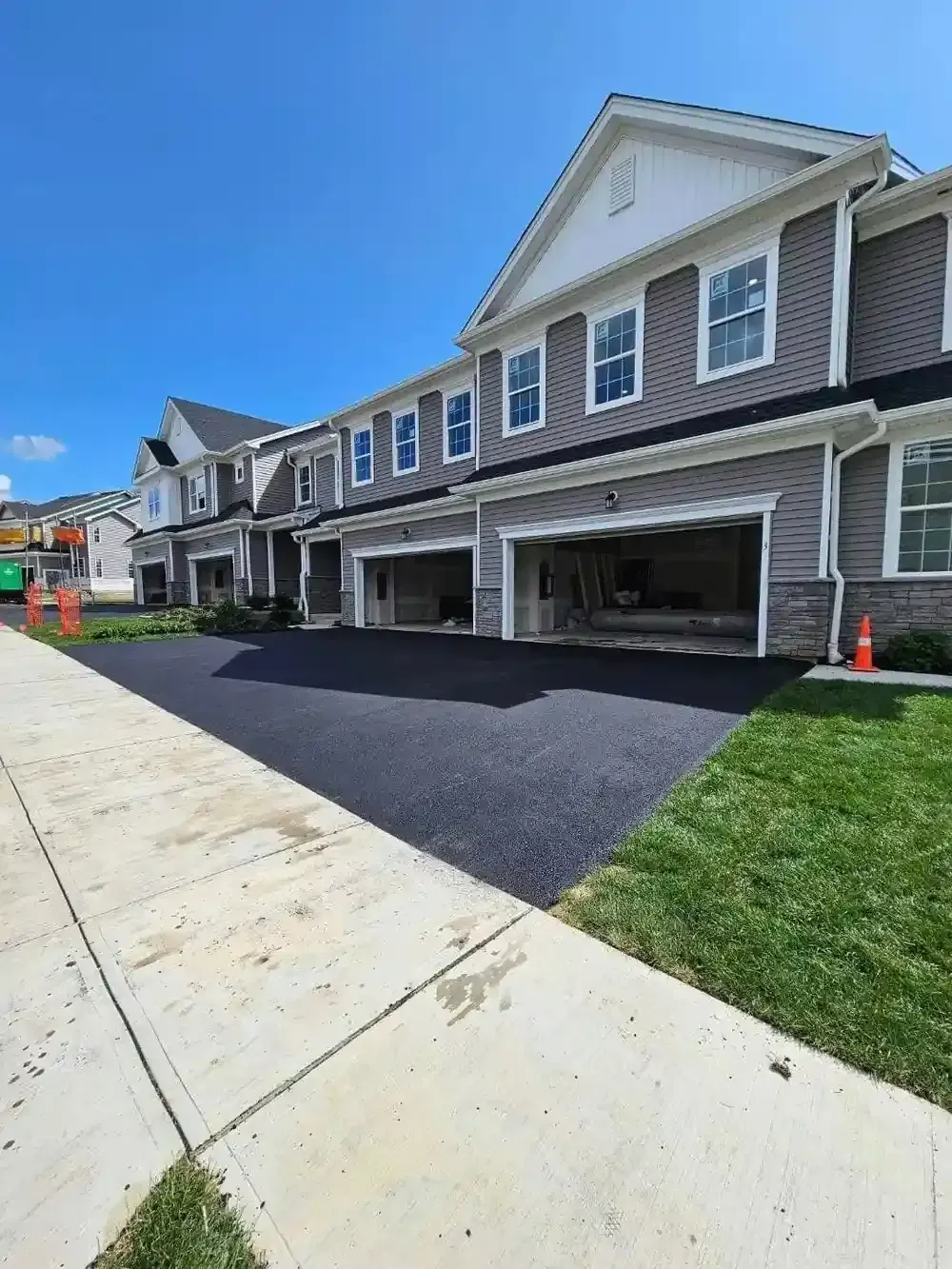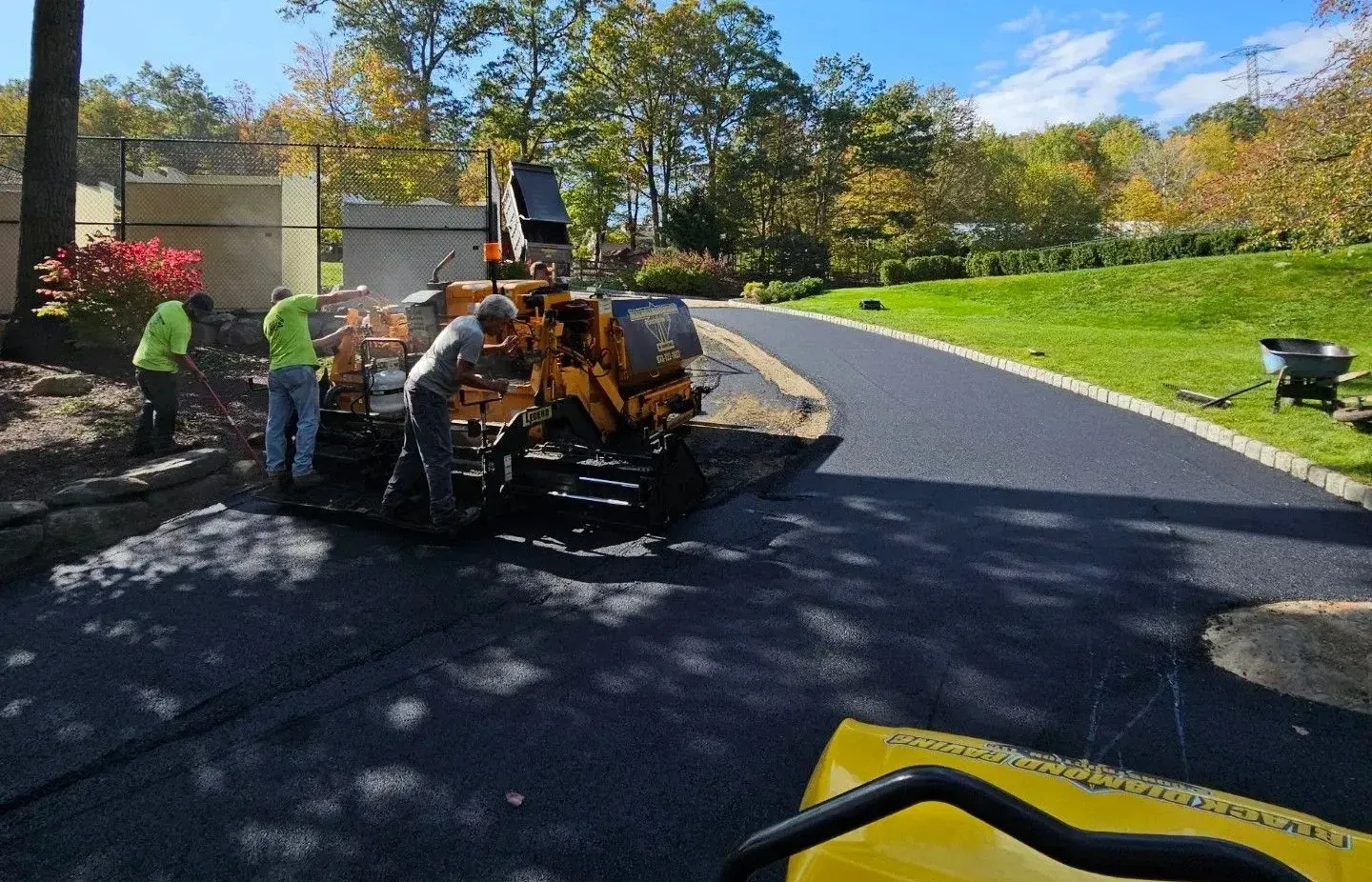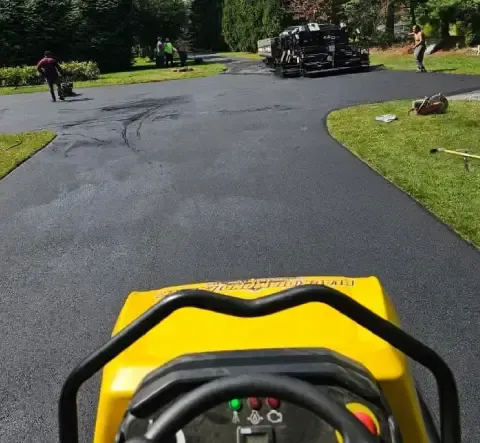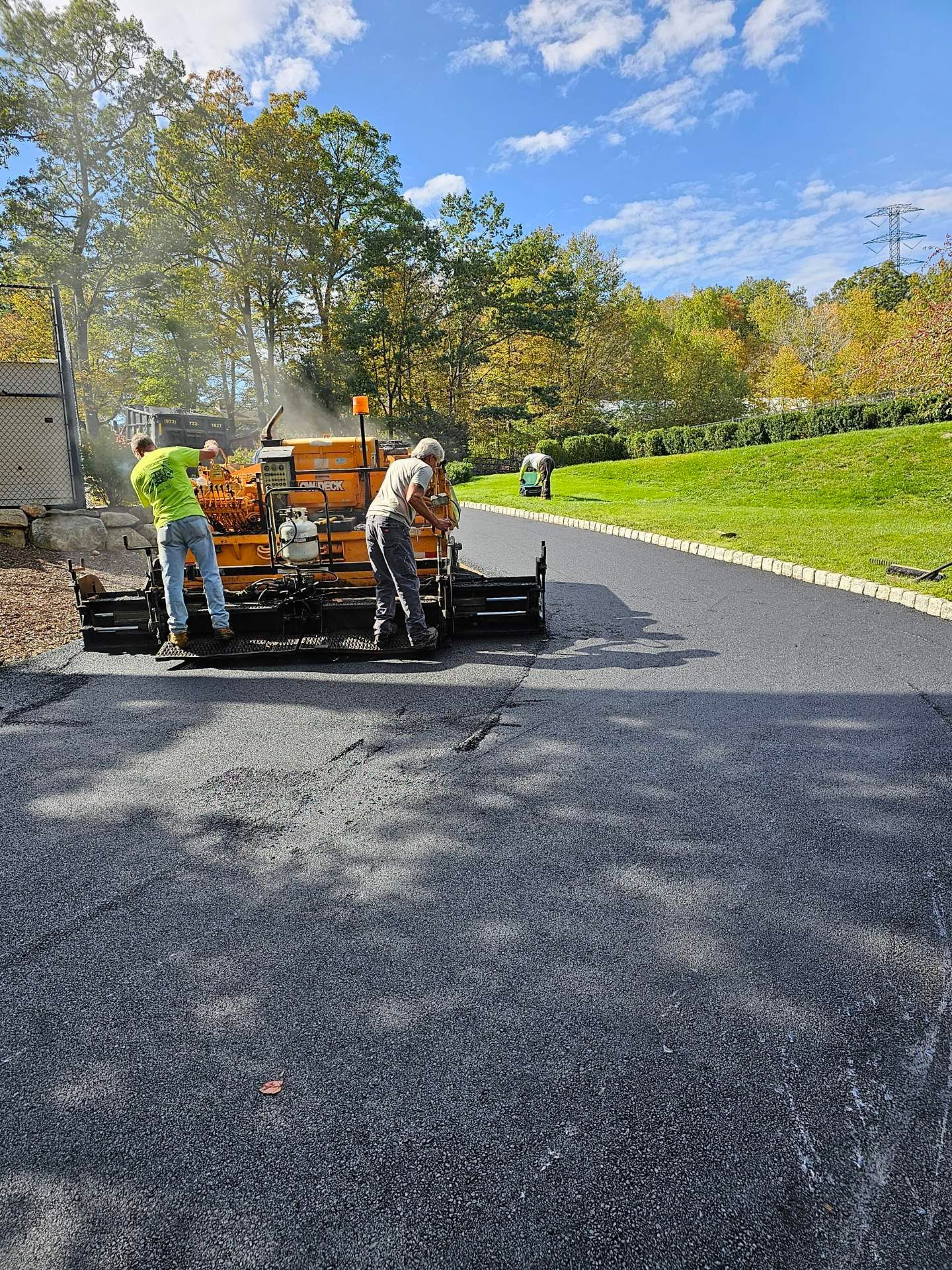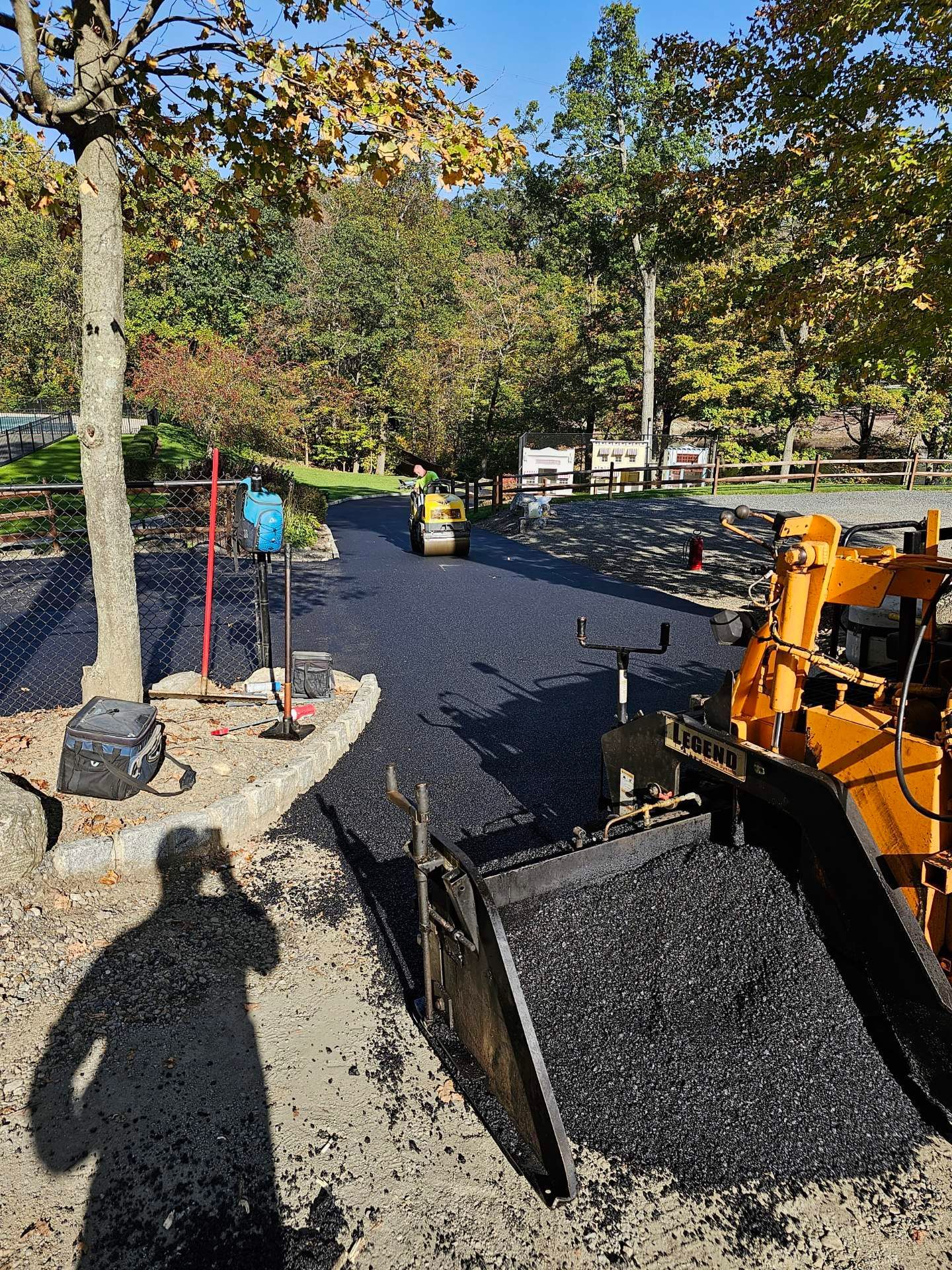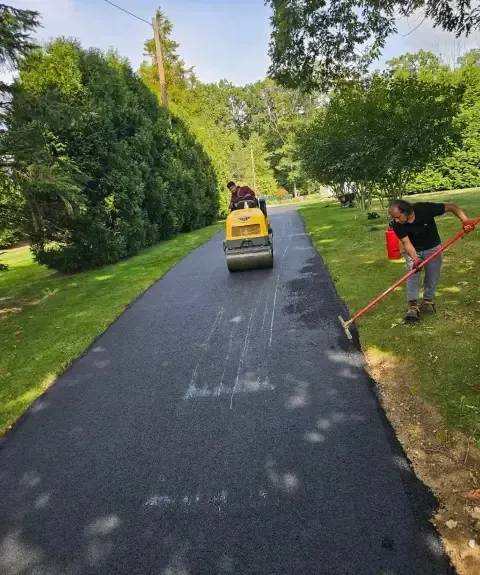How Long Does Seal Coating Last?
Okay, let’s just get this out of the way first - seal coating isn’t magic. It’s not a forever fix for your asphalt driveway or parking lot, and if someone told you it lasts a decade, you might want to double-check their credentials.
But here’s the truth: seal coating does work, and it can dramatically extend the life of your asphalt - if you do it right, at the right time, with the right materials, and - yes - if the weather cooperates.
So, how long does seal coating actually last?
Let’s dig into it.
The Average Lifespan of Seal Coating
The quick answer: 2 to 3 years (but it’s not that straightforward.).
On average, a properly applied seal coat lasts about 2 to 3 years.
That’s the general guideline most reputable contractors stick to. But - here’s where it gets messy - not all seal coating jobs are created equal. Some start fading in less than a year. Others look great in year four. Why? Because seal coating isn’t just about slapping black goop on pavement and calling it a day.
There are a lot of moving parts.
So if you’re trying to figure out when to reseal, or you’re debating whether to even bother sealing your driveway at all, here’s what you really need to consider.
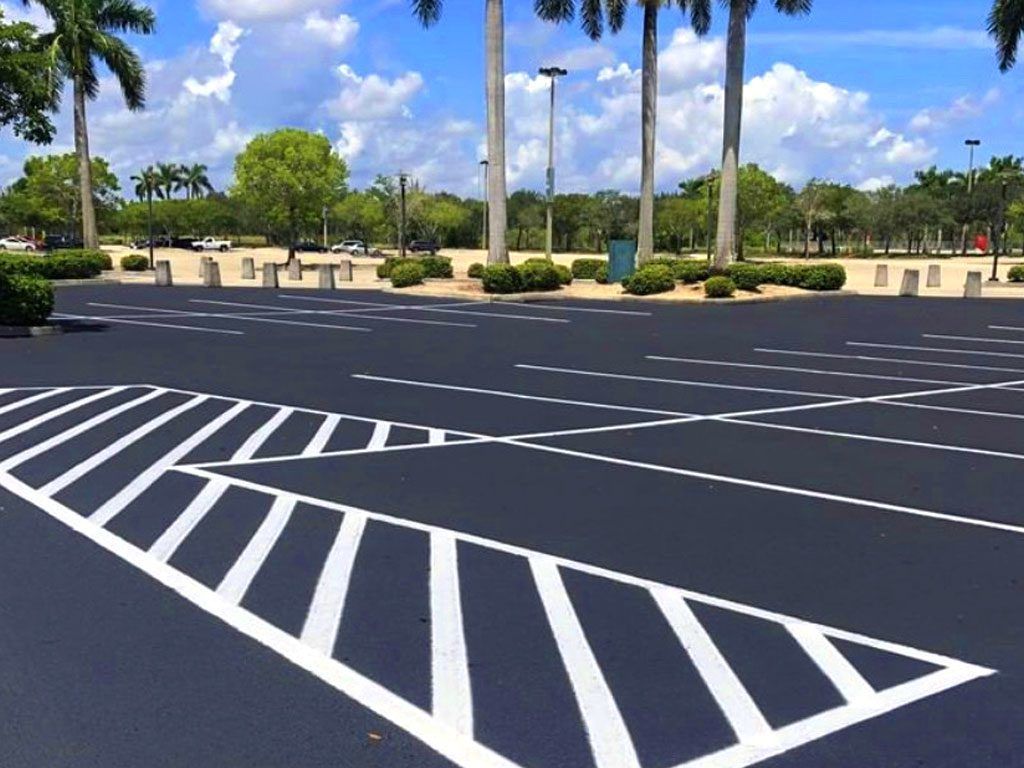
What Impacts the Duration of Seal Coating?
- The Quality of the Seal Coat Material
There’s cheap stuff. And then there’s quality stuff.
Coal-tar emulsions and asphalt-based emulsions are the most common types of seal coat. Coal tar, while controversial in some regions due to environmental concerns, has historically lasted longer and provided more resistance to oil and gasoline spills.
If your contractor is using watered-down sealant or cutting corners to stretch products (yeah, that happens), don’t expect much longevity. It might look good on Day 1 - deep black, smooth, fancy - but 8 months later, you’ll be left wondering where all that shine went.
Pro Tip: Ask your contractor what kind of sealer they’re using and if it’s mixed onsite. Don’t hesitate to go nerdy about it.
2. Application Technique
Brush applied. Spray applied. Squeegeed.
Some methods last longer than others, depending on the surface and the skill of the person doing the work. For driveways, a hand-brushed or squeegee application often gets better penetration. On commercial lots, spraying can be faster - but only if it is done correctly.
Also, how many coats did they apply? A single coat might last 1-2 years. Two coats should get you closer to 3 or even 4 years, depending on traffic.
So yeah - technique matters.
3. Climate and Weather
Live in the Northeast? Midwest?
You’ve got freeze-thaw cycles to worry about - those crack-loving temperature swings that tear up asphalt like nobody’s business.
Sunbelt states? The brutal UV rays will slowly bake your asphalt until it turns gray and brittle. Seal coating helps, but it doesn’t stop the sun. Just slows it down a bit.
Rain, snow, salt, humidity - it all plays a role.
A seal coat applied in humid or rainy weather may not cure properly. And if it freezes before it sets? Game over.
4. Traffic Volume
This one’s pretty straightforward. A residential driveway with two cars will wear differently than a shopping center lot with delivery trucks rolling over it all day.
More traffic = faster wear. That’s the math. Especially if we’re talking turning tires, brake drag, and heavy loads.
If you’re seal coating a high-traffic commercial property, don’t expect 3+ years. You may need to reapply more frequently - possibly every 12-18 months.
5. Maintenance Between Coatings
This one gets overlooked constantly.
If you let cracks go untreated, let oil puddle for weeks, or ignore weeds popping through - the seal coat’s going to fade faster.
But if you’re on top of things - cleaning up spills, filling cracks, keeping edges clean - you stretch its lifespan. Simple as that.
Seal coating is part of a larger maintenance plan - not the whole plan itself.
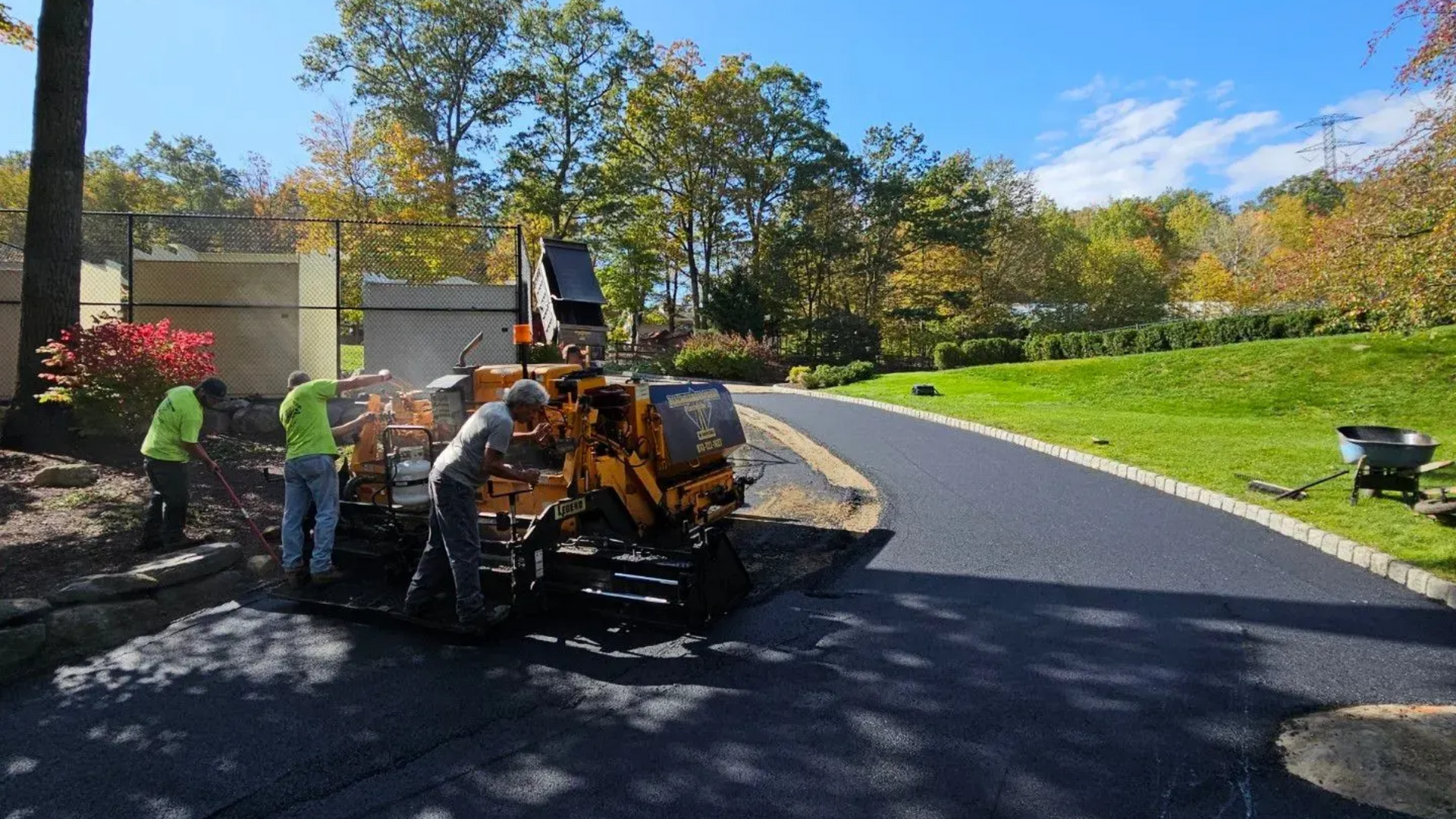
Signs It’s Time to Reseal
Alright - so you got your driveway or lot sealed two years ago. Looks okay, but…. Is it time to reseal?
Here’s a little checklist:
- Color Fade: Asphalt going gray again? It’s oxidizing.
- Hairline cracks starting to appear? That’s the early sign.
- Water no longer beads on the surface? The protective layer is breaking down.
- Surface feels rough or brittle? That soft, rich feel is gone.
If two or more of these apply? Time to start planning for a new coat.
So, Should You Seal Coat Every 2 Years, Like Clockwork?
Not necessarily.
Some people swear by the every two-year schedule, but the truth is - you should seal when the surface tells you it’s ready, not just because the calendar says so.
If you over-seal (yep, that’s a thing), it can lead to flaking, cracking, or peeling. It might look like blacktop lasagna. Not good.
Best practice? Do a surface check once a year. Take 15 minutes. Walk the area. Look for signs. Take notes. Then decide.
Final Thoughts
Seal coating is preventive maintenance - not a repair, not a luxury, not just for aesthetics. It’s like sunscreen for your pavement. You should apply it to slow down damage, to shield from the elements, and to keep things looking sharp.
Done right, it can save you thousands of dollars over the life of your driveway or parking lot.
Done wrong - or skipped entirely - and looking at early repaving, which is….. Well, let’s just say it ain’t cheap.
Got questions? Or maybe your pavement’s ready for a fresh new layer of coat? Call in the local pros at Black Diamond Paving & Construction LLC. We will breathe new life into your asphalt surface and ensure it lasts long.
Recent Posts
